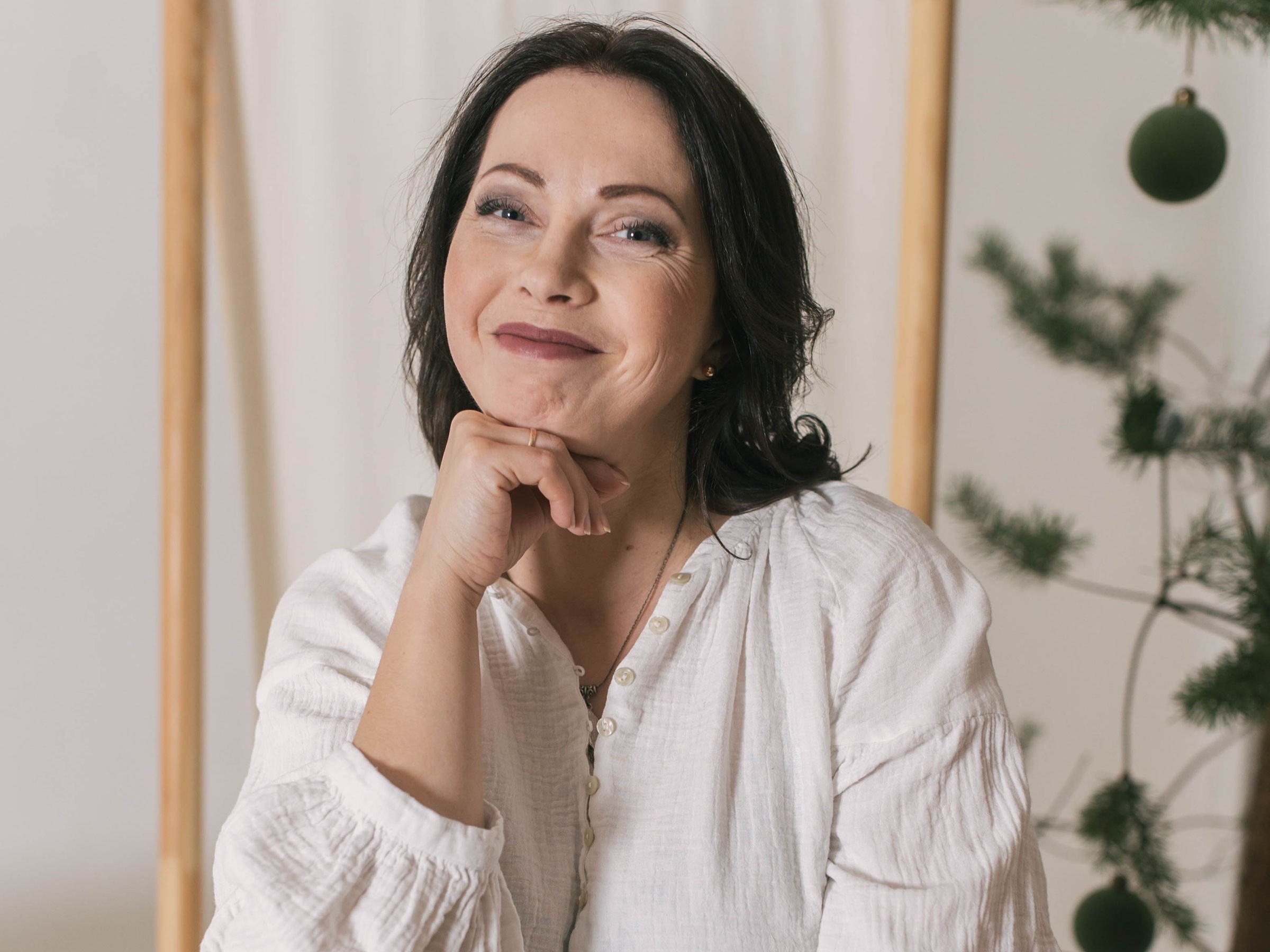
The autumn Child Emotional Education (CEA) course will start soon. Each time it is a new beginning, new insights, new discussions with new parents. Each BEA course group is different, but always people who are a pleasure to meet, people who want to understand their child better and take more conscious actions in their child-raising journey.
I am truly delighted for each and every one of the participants who have taken part and honoured that you have chosen to walk this path with me. This course is one of the ways I can pass on my support, my years of experience and do what is really important to me in this life.
Having supported hundreds of parents over the years, I have seen how much pressure we put on ourselves to make everything "perfect". Trying to do the right thing often leads to confusion and hopeless uncertainty about whether the right parenting and relationship-building approaches have been chosen for my child.
Teaching a course in the emotional education of a child is part of what I do to fulfil my mission in this beautiful life. For a little over 10 years now I have been involved in one way or another in supporting parents, with a particular focus on the emotional aspects of raising children. I have seen countless times how understanding a child's emotions and behaviour can change the whole fabric of family relationships.
As a mum, I have gone through (and continue to go through) the challenges of raising children. As a professional who supports families on a daily basis, I have also faced moments where I was not sure if I was providing the best support possible. That is why I believe in the "package" that this course provides - the power of group support, learning and above all, a respectful attitude towards oneself and others.
BEA is not about how to be the perfect mum or dad, or how to raise the perfect person. But BEA can help you tune into your inner strings on a wave of greater patience, empathy and confidence, to see more clearly where your child is developmentally and how you can provide good enough, appropriate care for them at this stage in their life.
In the BEA course, I encourage parents to share real-life examples, openly engage in discussions and support each other in an inclusive, non-judgmental and therefore safe environment.
If you feel that the role of parent has become confusingly oversaturated (I, for example, feel my language slowly reaching, towards the end of this entry, to Rainis's grey beard or Aspazija's lacy collar), BEA course is for you.
Thank you for being here, and in a way trust me as one of your companions in the role of your mum or dad! Who knows - the BEA will apply and we can go a little further together.
